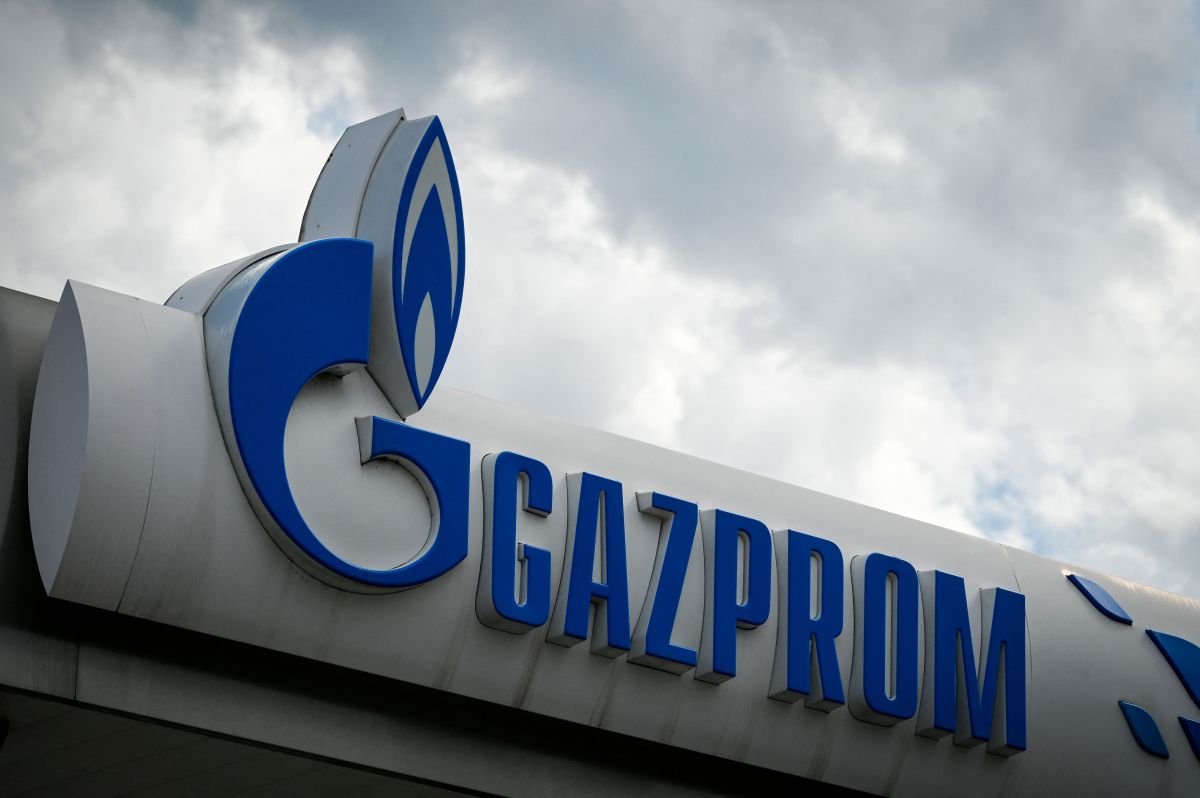European leaders agreed to an embargo on most Russian oil imports this Tuesday, while increasing pressure on Vladimir Putin over his invasion of Ukraine.
Although the compromise agreement reached in the early hours of the morning covers only oil shipped by sea, the European Union said it would ban 90 percent of Russia’s oil imports by the end of this year.
European Council President Charles Michel said the oil embargo, part of a sixth package of Russian sanctions, was aimed at exercising “maximum pressure on Russia to end the war”, adding that it would cut off “a great source of funding for its war machine”.
However, after opposition from the President of Hungary, Viktor Orban, who argued that a total ban would harm his country’s economy, the agreement grants a temporary exemption l to Hungary, Slovakia and the Czech Republic to continue importing Russian oil by pipeline.
The EU’s top diplomat, Josep Borrell defended the compromise as a “reasonable way out of the discussion”.
The United Kingdom, the United States and the European Union have unleashed a wave of sanctions against the Putin regime after its assault on Ukraine which they say is hurting the Russian economy.
Although the Kremlin has moved to prop up the ruble, Russia’s central bank’s assets have been frozen and the price of imported goods has risen sharply, while major Western companies have withdrawn from Russia.
The The latest EU sanctions also include asset freezes and travel bans for more than 50 people, while the largest bank in Russia , Sberbank, will be excluded from Swift, the world’s leading financial transfer system.
But the EU it is now under pressure to cut off supplies of Russian gas, crucial to the economies of several European countries, including Germany. Estonian Prime Minister Kaja Kallas stressed on Tuesday how difficult it could be to find a gas deal.
She said: “All the next sanctions will be more difficult because so far they have only hurt the Russians. But now they are also having effects on Europeans.”
Although the UK is less dependent on Russian oil imports than Europe, the embargo risks driving up the price of oil with an additional knock-on effect for drivers in Britain.
The price of a barrel of Brent crude oil rose from $3 dollars to $300 due to the news of the EU agreement .
Also read:
· Russia and Ukraine: what can tip the balance in war?
· Chelsea closes monstrous $5,300 million dollar deal with owners of the Dodgers
The United States pushes Russia towards default
